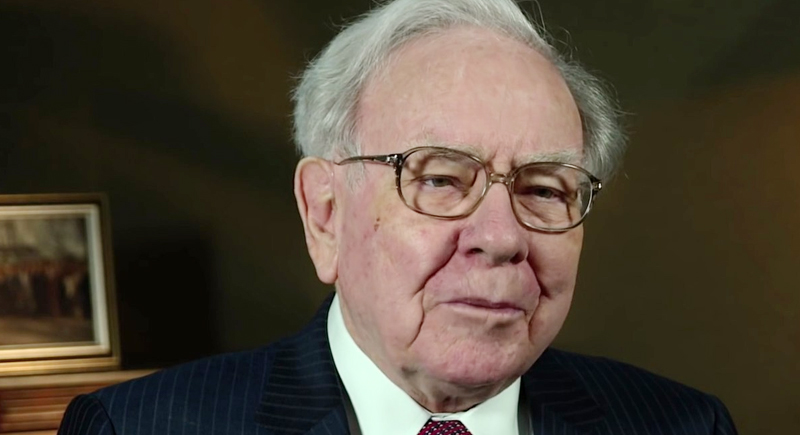How Extreme Wealth Concentration Can Negatively Impact an Entire Economy
Money has a way of bending reality. When a fortune stretches far beyond what most of us could spend in a lifetime, it starts to shape the rules that people live by. A billionaire can tilt elections, rewrite tax codes, and steer industries. Thus, it stops being personal success and starts becoming everyone’s problem. So what happens when a tiny slice of society holds a mountain of resources that could otherwise circulate more widely? Let’s find out.
When Wealth Buys Political Power

Image via Canva/Garakta Studio
Research from Brown University shows how massive fortunes have an outsized influence on democracy. Billionaires can tilt institutions toward their own interests through campaign donations, media ownership, and philanthropic “investments.” Instead of strengthening the public sector, wealth concentration hollows it out.
Schools, hospitals, and even city budgets often rely on private donors who decide what gets funded and what doesn’t. Such dependency means public priorities get reshaped by a few wealthy hands instead of voters. It’s not a new warning. Alexis de Tocqueville raised alarms as far back as the 1830s about a business aristocracy taking root in America.
The U.S., in particular, has shifted from one of the most economically equal rich nations to one of the least. That slide has real consequences of weakened institutions, growing mistrust, and political systems that seem rigged in favor of those already on top.
Growth Slows When Fortunes Depend On Politics
A study in the Journal of Comparative Economics compared how billionaires earn their wealth. The results were sharp: fortunes made through political connections drag down growth. Fortunes made through competitive business activity don’t have the same negative effect. The problem isn’t just inequality itself, but the source of it.
Countries where political favors built billionaire empires—like Indonesia in the Suharto years or Russia during rapid privatization—showed slower economic growth. When the wealthiest gain power through backroom deals, they often block competition, set higher prices, and starve innovation. Mexico’s telecom sector is a well-known example.
Carlos Slim acquired assets cheaply during privatization, and decades later, the industry still struggles with higher prices and weaker investment compared to other countries.
The Philanthropy Mirage

Image via Wikimedia Commons/USA International Trade Administration
It’s tempting to think that wealthy donors make up for their oversized fortunes with philanthropy. Big pledges like Warren Buffett’s Giving Pledge or headline-grabbing donations by MacKenzie Scott keep the idea alive that billionaires will save us. Yet decades of promises haven’t erased poverty, solved climate change, or fixed health inequity. The hard truth is that charity is optional, inconsistent, and shaped by personal whims. Public policy is what reduces poverty on a large scale.
Even the most generous billionaires prove the point. If society must rely on private donations to keep museums open, hospitals funded, or schools afloat, then the public has already lost control over its own institutions. Billionaire giving may look benevolent, but it underscores how dependent communities have become on fortunes that were built from everyone else’s labor in the first place.
Inequality Creates Everyday Costs
Extreme wealth concentration also affects daily life for millions. Studies show that societies with wider inequality deal with higher rates of crime, bullying, mental health struggles, and corruption. In other words, inequality makes whole societies less stable.
At the same time, myths around billionaires encourage unrealistic expectations. We’re told stories about self-made empires, when in reality most billionaires had significant advantages. The narrative that anyone can claw their way into the top 1 percent keeps people distracted while the gap grows. To put it in perspective, a million seconds is about 11 days, while a billion seconds is nearly 32 years. That’s how far apart “millionaire” and “billionaire” truly are.
Why This Matters Now
The world is edging toward its first trillionaire. At the same time, global inequality has deepened to the point where the top 1 percent own close to half of all financial assets. The bigger the gap, the harder it is for economies to sustain healthy growth. Instead of wealth circulating through wages, education, and small businesses, it sits in concentrated pools of influence that prioritize profit above all else.
Billionaires shape the ground rules of the economy, often at the expense of regular people. And as long as extreme wealth continues to expand unchecked, entire economies may carry the cost.